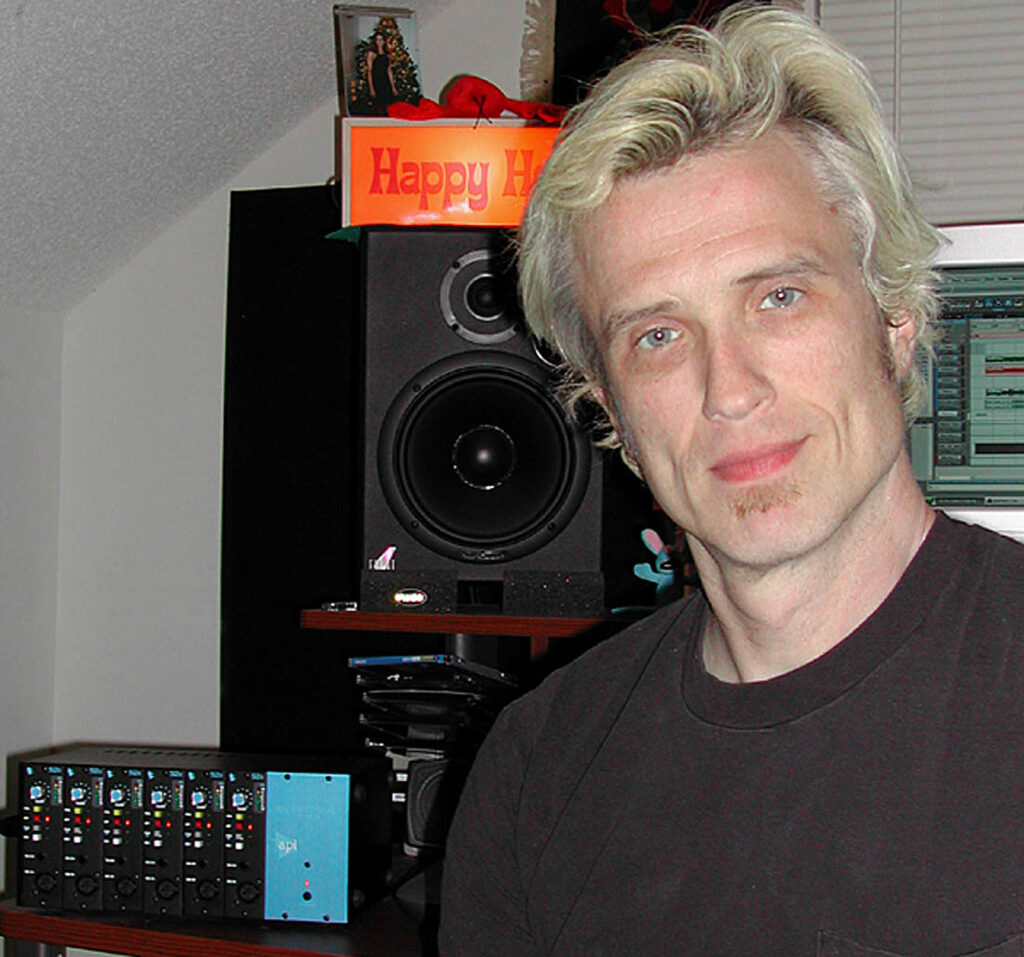Charleston, South Carolina:
"Just about anywhere you hear music, you just might hear us," reports composer Chris McLernon. "We do music for television, film and advertising." McLernon forgets, somehow, the music that he and his Two Heads Music partner, Rick Sanders, have composed for DVD releases, corporate electronic press kits and radio. "It's surprising to be standing somewhere and hear our stuff," he adds with a laugh. "Our music seems to be used everywhere."
While a relatively new company, Two Heads Music has composed music for an impressive list of television clients that includes: NBC (promo music for "Medium," "Fear Factor," "ER" and the end credit score for "The Apprentice: Martha Stewart"); CBS ("NCIS" and "48 Hours"); and FOX ("NASCAR," "The O.C." and "Cops"), as well as advertising commercial assignments for Nokia, Shoe Carnival and Regal Cinemas. The two have also added musical beds to a handful of DVD releases ("Doom," "Law and Order," "Monk" and "House"), along with music that plays on electronic press kits for such companies as American and United Airlines, Best Buy and Wal-Mart.
Recently, McLernon was tapped to record singer London Weidberg for a song that was included in the NBC show "Vegas." Rather than having Weidberg come to his studio, he packed up his API lunchbox® that includes a 3124 discrete four-channel mic/line pre and a 512c discrete mic/line pre, and went to her.
"I grabbed a mic and the API lunchbox and headed over there," he recalls. "She was comfortable and I got the vocal performance that I wanted. If I didn't have the ability to pick that up and take it with me I would have been struggling with whatever gear they had there, because I didn't know that room at all."
McLernon tracked the sessions directly into a Digidesign Pro Tools session, bypassing the studio's console. "She knows her technique, so it wasn't like I had to compress her a lot, and I think I ran her flat," he recalls. "She went right in and did a take. It sounded fine to me and I didn't have to mess with it. I don't like to mess with stuff. If it doesn't work from the word 'go' either something is wrong with the musician or the instrument or it's the gear you are using. That's the great thing about the API stuff I'm using, it's so consistent and I know how it's going to sound."
In addition to using his API gear in recording situations, McLernon has found it helpful to use while getting ready to mix music for a spot. On a recent date, he took a track that was recorded using a Digi 002 with only onboard mic pres and pumped it through his API gear to add the clarity and accuracy that was missing. "I hear people complain that digital can be a little too crisp," he says, "but by [using the API gear] the music seems to maintain a pleasant crispness without the digital sizzle to it. Some people always want to look for that analog warmth, but I think if you don't have clarity then there is not going to be any warmth."
